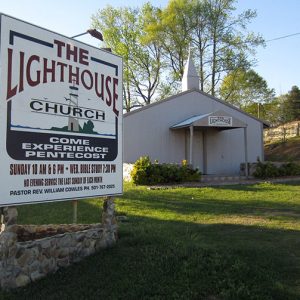 The Lighthouse Church
The Lighthouse Church
Entry Category: Religion
 The Lighthouse Church
The Lighthouse Church
Lindsey, Donnie Lee, Sr.
Lindsey, Elijah (Eli)
Little Rock College
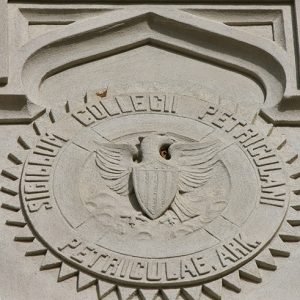 Little Rock College Seal
Little Rock College Seal
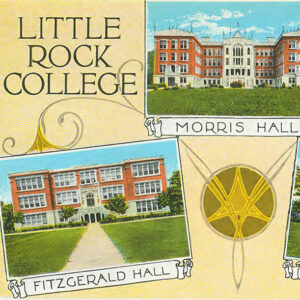 Little Rock College Postcard
Little Rock College Postcard
Little Rock Debates on Evolution (1966)
Little Rock Scripture Study (LRSS)
Long, Isaac Jasper
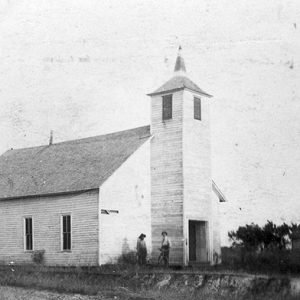 Lowell Baptist Church
Lowell Baptist Church
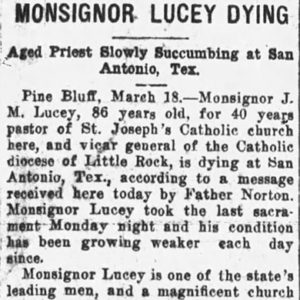 Article on J. M. Lucey
Article on J. M. Lucey
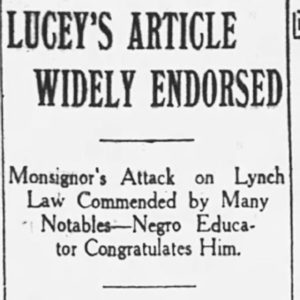 J. M. Lucey Anti-Lynching Article
J. M. Lucey Anti-Lynching Article
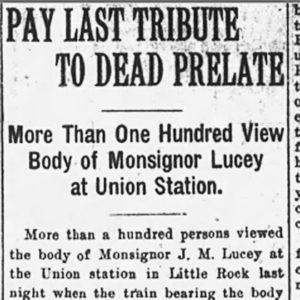 J. M. Lucey Obituary
J. M. Lucey Obituary
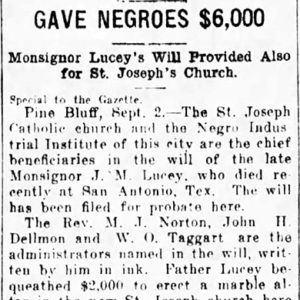 J. M. Lucey Will Article
J. M. Lucey Will Article
Lucey, John Michael
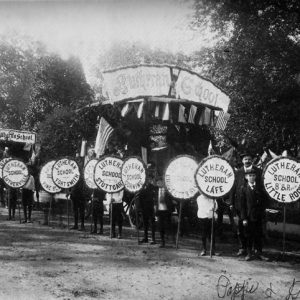 Lutheran Schools Parade
Lutheran Schools Parade
Lutherans
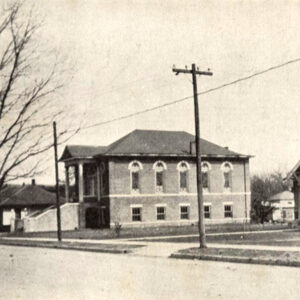 Luxora Church
Luxora Church
Lyon, Aaron Woodruff
MacKrell, James “Uncle Mac”
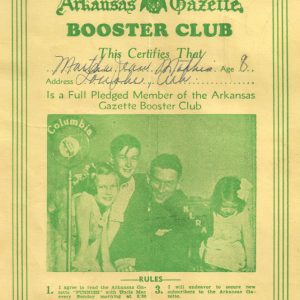 "Uncle Mac" Certificate
"Uncle Mac" Certificate
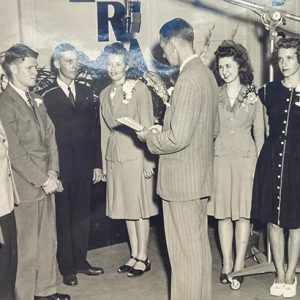 "Uncle Mac" Performing Wedding
"Uncle Mac" Performing Wedding
Maddox, Finis Ewing
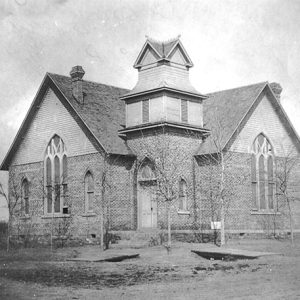 Magazine Methodist Church
Magazine Methodist Church
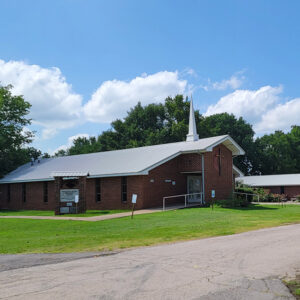 Magazine Church
Magazine Church
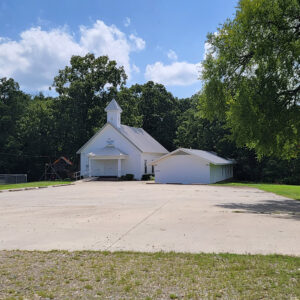 Magazine Church
Magazine Church
March on Religious Freedom (1993)
aka: March on Fort God
Marylake Monastery
Mason, Charles Harrison
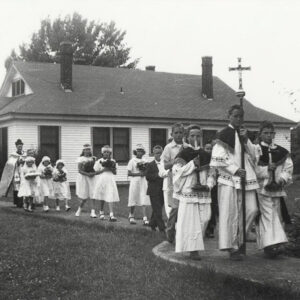 May Crowning
May Crowning
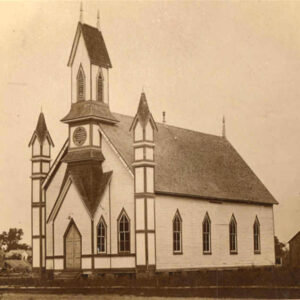 McCrory Church
McCrory Church
McDonald, Andrew Joseph
Meek, John Alexander
Melody Boys Quartet
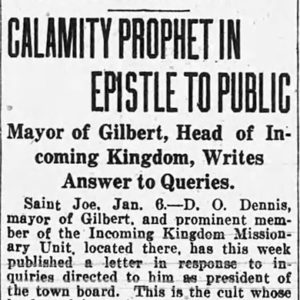 Message from Cult Leader
Message from Cult Leader
Methodist Children’s Home
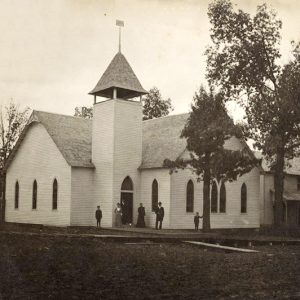 Methodist Episcopal Church
Methodist Episcopal Church
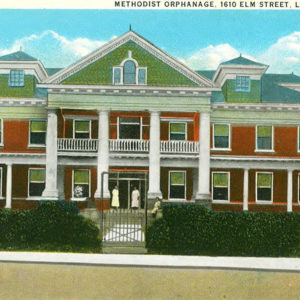 Methodist Orphanage
Methodist Orphanage
Methodists
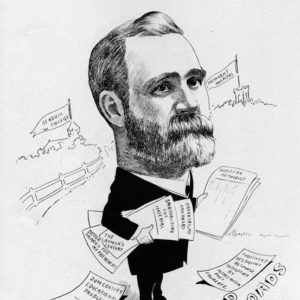 Alexander Millar
Alexander Millar
Millar, Alexander Copeland
Missionary Baptist College
Missionary Baptist Seminary
Mitchell, Richard Bland
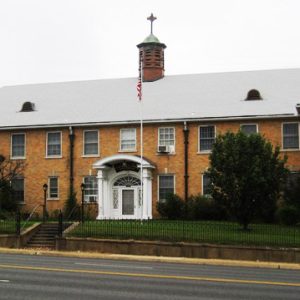 Monastery of the Order of Our Lady of Charity
Monastery of the Order of Our Lady of Charity
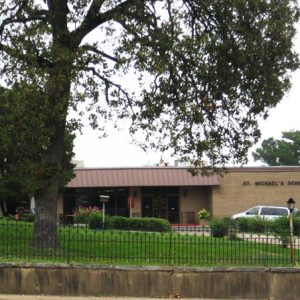 Monastery and Order of Our Lady of Charity
Monastery and Order of Our Lady of Charity
Monastery of Our Lady of Charity and Refuge
aka: Good Shepherd Home
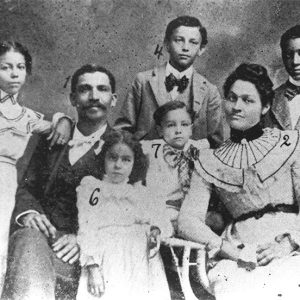 E. C. Morris Family
E. C. Morris Family
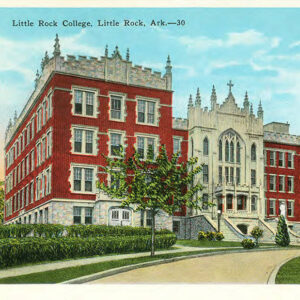 Morris Hall
Morris Hall
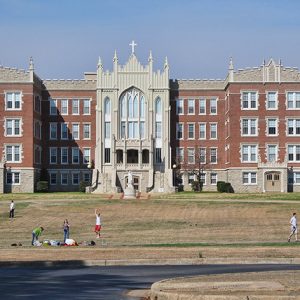 Morris Hall
Morris Hall




